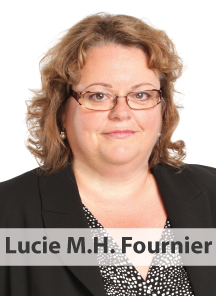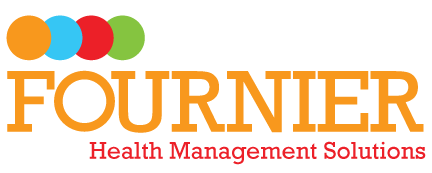Our health care system, including WSIB and any sick benefits, relies on the physician to make opinions regarding their patients’ (your employee), ability to return to work on modified or regular duties. We count on the fact that we believe they understand work environments. They don’t!
Employees will share their perspective of their workplace as to whether or not the employer has modified duties, whether it’s a caring company and whether or not going back to work makes sense at some point in their recovery. The doctor’s have nothing else to go on, other than the diagnosis.

Doctors rarely hear from the employer – and yet, sometimes they are just too busy to answer any of your calls. It is critical to communicate with the physicians in the community, and/or your employees’ primary health care practitioners, not only when you need something from them but to also build a relationship of trust.
The Ontario Medical Association has a paper on The Timely Return to Work; you can find it using this link.
https://www.oma.org/Resources/Documents/2009PCPandTimelyReturn.pdf
It is quite apparent that the questions we ask of doctors fall outside their scope of practice. Instead of asking, I would suggest you make a point of telling them about your work environment, the opportunities regarding modified work, and establishing a return to work plan that all he/she has to do is sign off on.
Doctors are very busy and if we want their best opinion, it is best to make it easy for them to give it to us. Don’t complicate their already busy practice with questions. Tell them what you want and most times they will concur or provide some alternative to your suggestion.
Most doctors will talk to you on the telephone but I find as a health professional, they are more than likely to call me back versus someone from HR. I’ve had no issues over the years building relationships with the doctors and/or their secretaries to get the work done. You should do the same.

Try inviting them for a tour and lunch of your workplace, along with some ongoing hours of education. Getting away from their practice is good for them, and in the long run good for your organization.

Lucie M.H. Fournier RN, COHN(C), BA (Psych)
Founder/Workplace Health Strategist
With over 30 years of experience in disability management, and a return on investment on average of 1:7, Fournier disAbility & Health provides customized and results oriented services in Absenteeism Management including Attendance, Sick Time/Short, Long Term Disability, and WSIB claims for employers across Ontario.
Expertise in 5 distinct niches of disAbility management include:
1. Complex claims management resolution
2. Mental health claim return to work & accommodations
3. Advanced level training for internal claims manager to make a significant impact on the health of the employee and wealth of the organization
4. Transitional Leadership when moving to & from a 3rd party disAbility Management company
5. Sensitive claims & disAbility management of professional staff, such as HR, health team, and/or executives such as supervisors, managers, directors






Leave A Comment